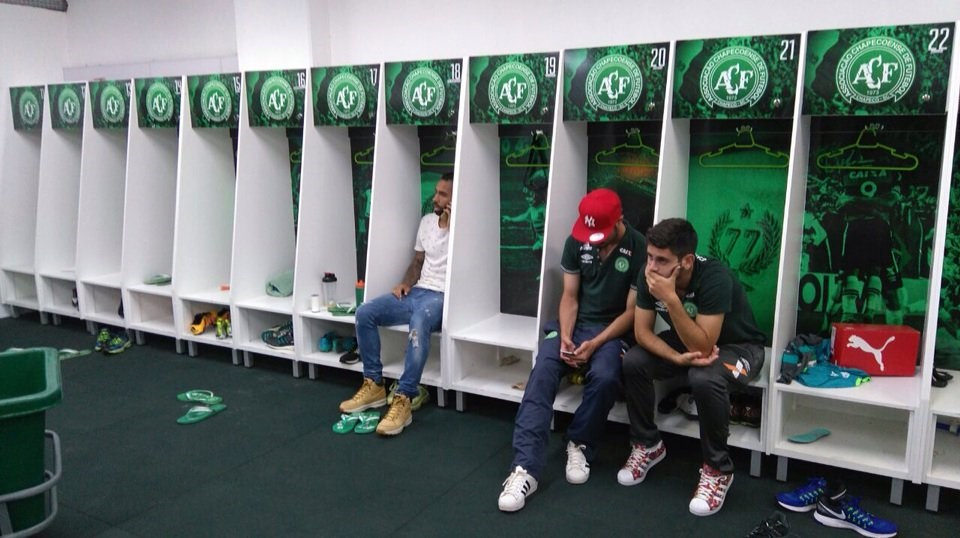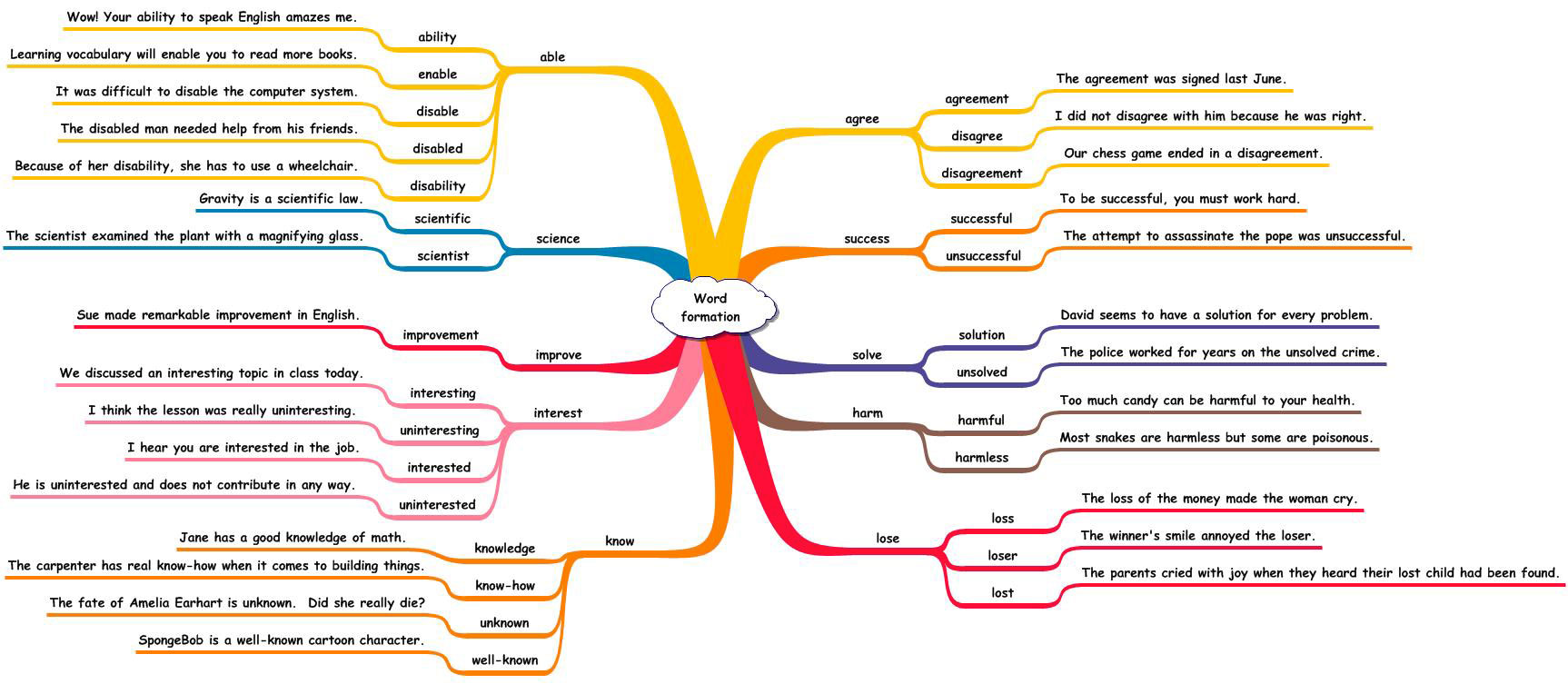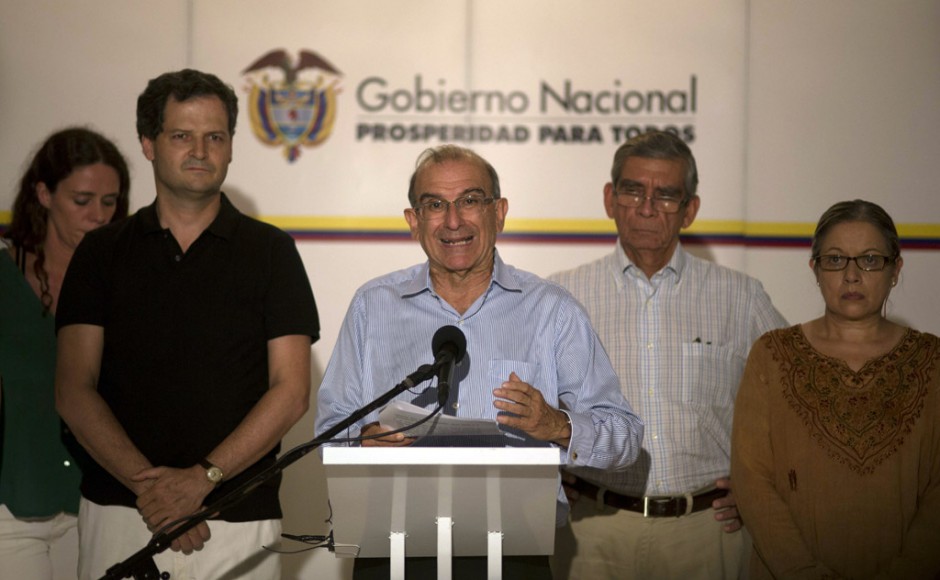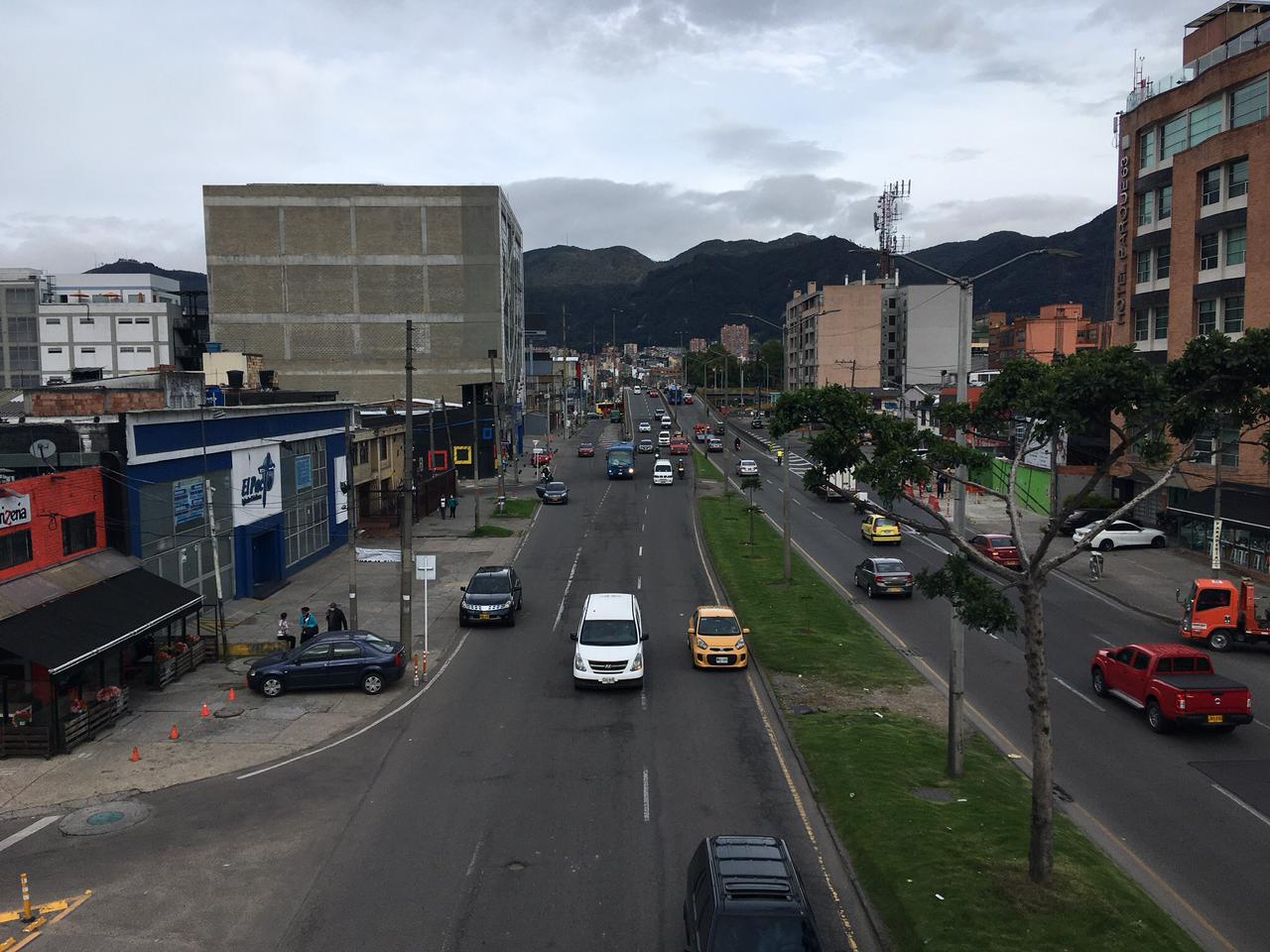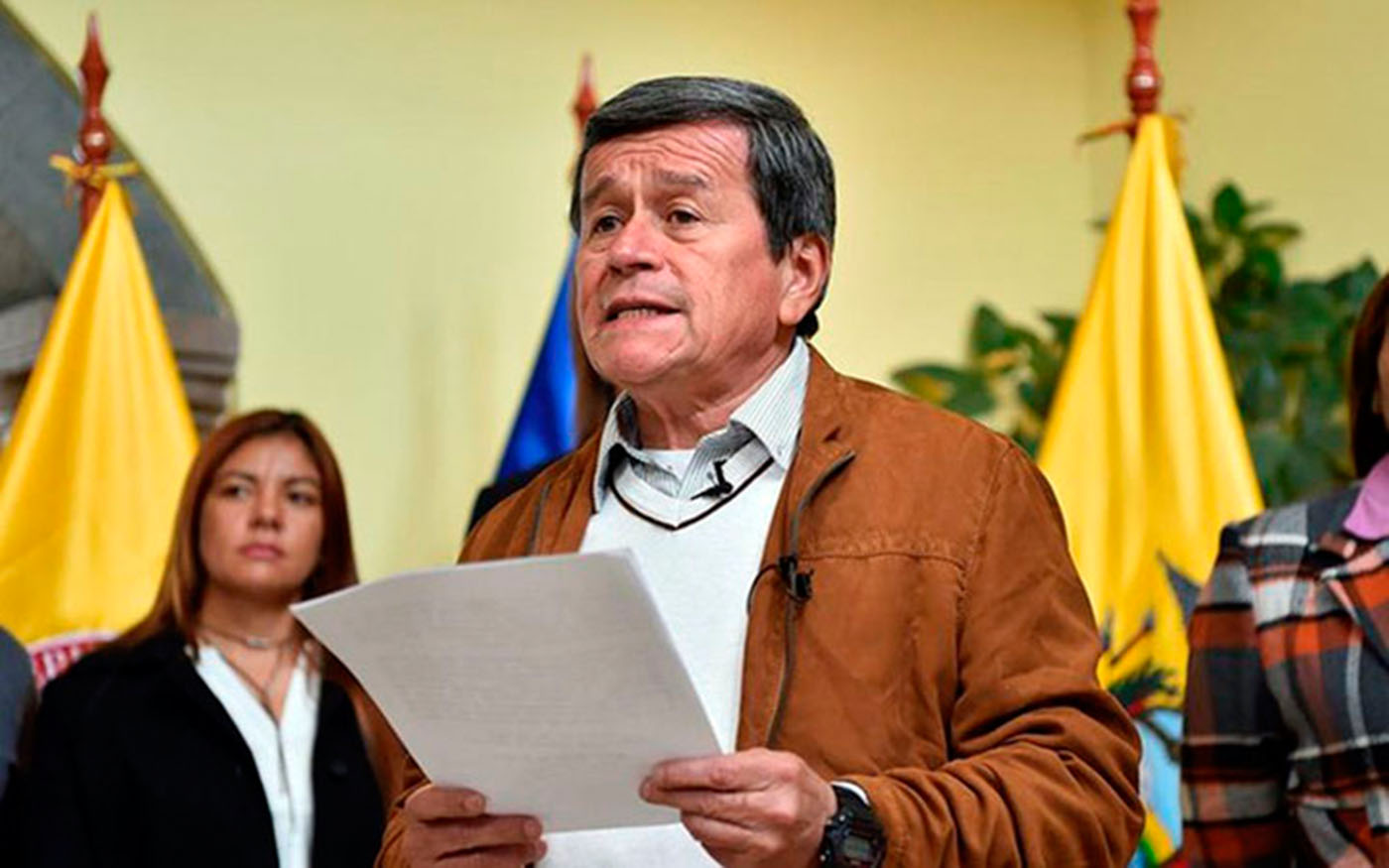
Pablo Beltrán, chief negotiator for the ELN who claim the government used the ceasefire to make military operations in their territories. Photo: eln-voces.com
A spate of violence sees three separate ELN attacks on public forces and five attacks on oil infrastructure in three days.
The ELN launched a series of attacks on January 10, just hours after the end of the temporary bilateral ceasefire. The attacks, which have continued since, show no signs of abating.
The fifth round of negotiations in Quito were due to start that day and the recommencement of the ceasefire would have been one of the topics under negotiation. However, the spate of violence – which has already caused three deaths – forced the government to pull its representatives back to Bogotá.
January 10-14: What happened?
- Three attacks on public forces in Arauca: two policemen and one soldier, Luis Guillermo Ascencio Alape, killed. Two soldiers wounded in attack on marine post.
- Five attacks on oil pipelines in Arauca, Boyacá, Casanare and Nariño
- Battle between ELN and Clan de Golfo in Chocó
- The resource centre for conflict analysis, CERAC say the ELN reached the same level of activity in these three days that they have been known for since the beginning of negotiations
President Santos declared the ELN attacks “deplorable” and ordered that the full force of the military be weighed against organisations who still threaten peace.
By January 15, Luis Carlos Villegas, the Minister of Defence, said they had averted 20 ELN attacks and captured 22 ELN operatives, including Jose Gregorio Torres, aka ‘Walter’, commander of the central division.
Low point
It is yet another low point in what have been rocky negotiations throughout: even the beginning of the formal talks in February came after several false starts and three years of informal discussions.
The expiration of the 100-day temporary ceasefire that began on October 1 coincided with the visit of UN Secretary General, António Guterres who was in the country to take stock of the progress in implementing the first year of the peace accord with the FARC.
Guterres said, “I express my deep concern in the face of the violent events of recent days and a possible escalation of confrontations to the detriment of the political process and the situation of the communities in the areas affected by the conflict.”
Both sides have said they would be willing to restart talks, albeit with caveats.
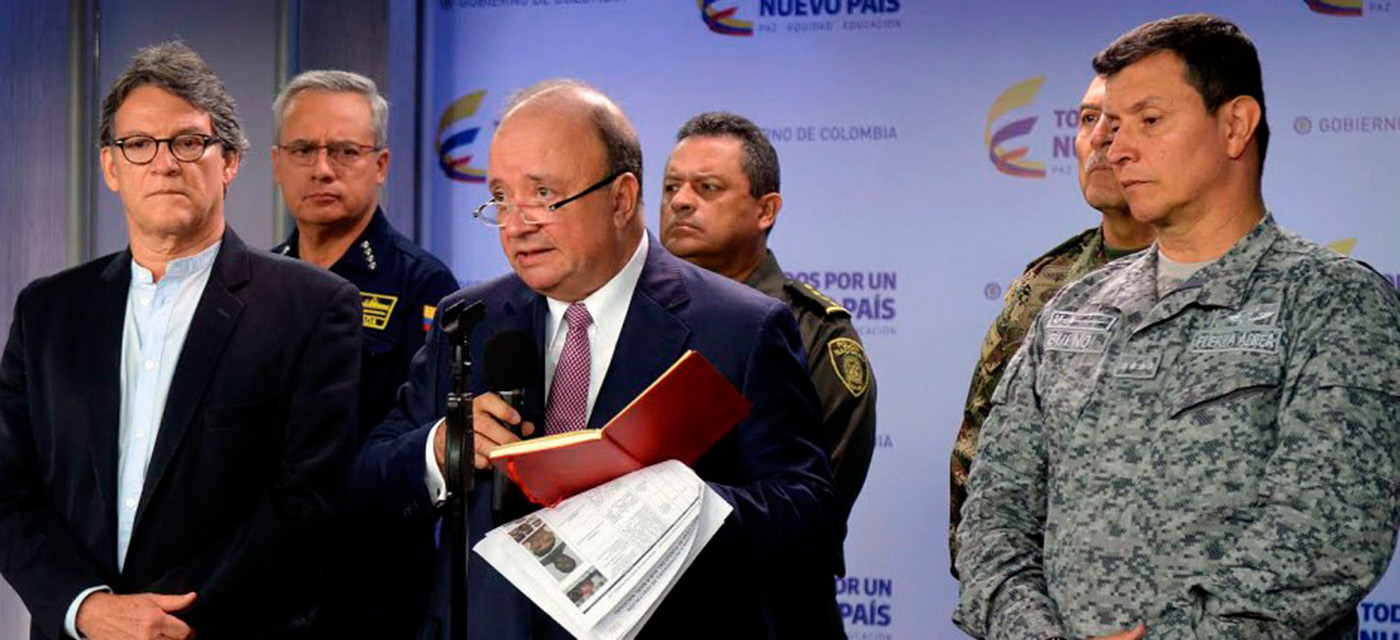
The Minister of Defence Luis Carlos Villegas says they have prevented 20 ELN attacks. Photo: Juan D.Tena / SIG
Villegas said: “On behalf of the National Government, I want to say that if the ELN is willing to accept the call – to continue with the negotiations in Quito, the National Government will do the same.”
For their part, one statement from the ELN says they have “all the willingness to agree on a new ceasefire” but also stresses the necessity for different parameters and protocols. The ELN claim that the state have used the ceasefire to launch a “gigantic military operation taking over almost all our territories.”
Background: ELN Negotiations
- After several false starts, negotiations began on February 7, 2017
- Initial negotiations marred by continued kidnappings and attacks, including a bomb in Bogotá’s Macarena district, pipeline bombings and attacks on military patrols
- The ceasefire – which began on October 1 – agreed on September 4, coinciding with arrival of Pope Francis
- CERAC highlighted “enormous benefits in terms of the reduction of insecurity and humanitarian risk” during the 100 days of the ceasefire. It also identified 33 that could be qualified as probable ELN ceasefire violations.
- The ELN argue the government broke the ceasefire with attacks on ELN camps
This article first appeared in the print edition 50 of The Bogotá Post.


